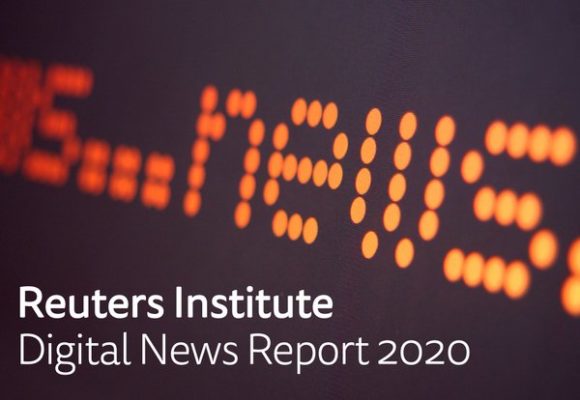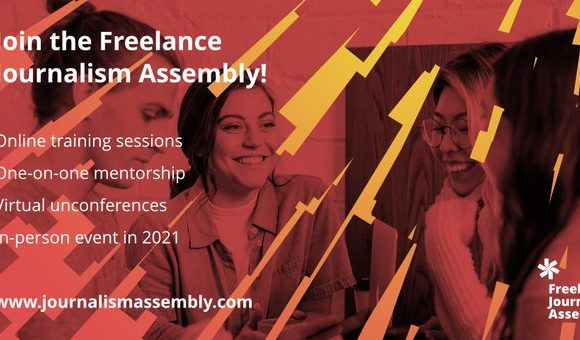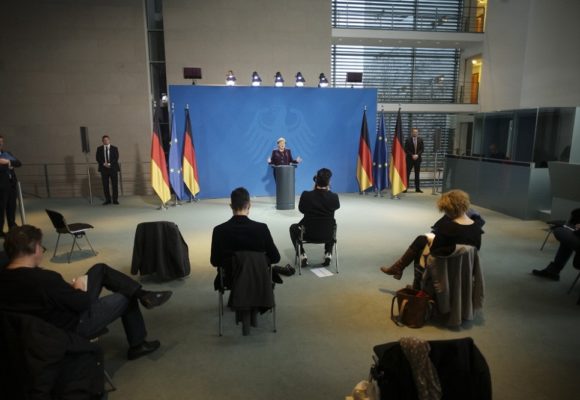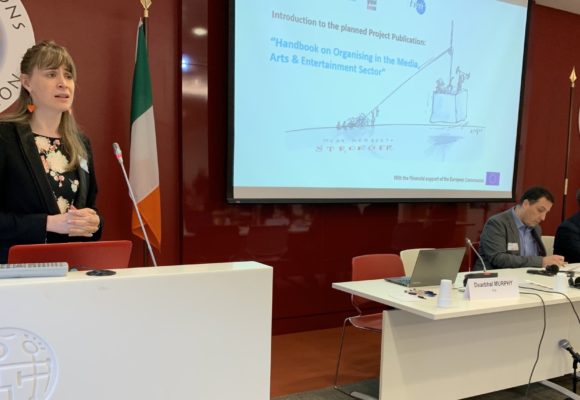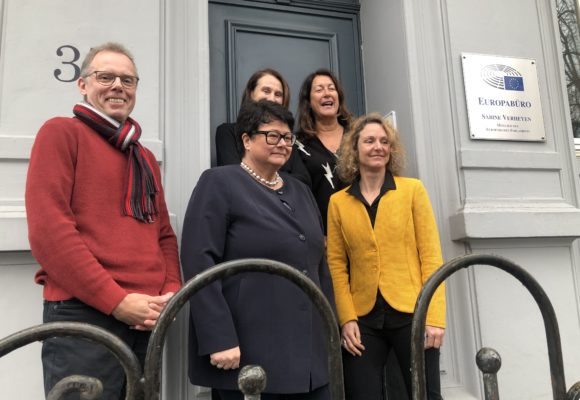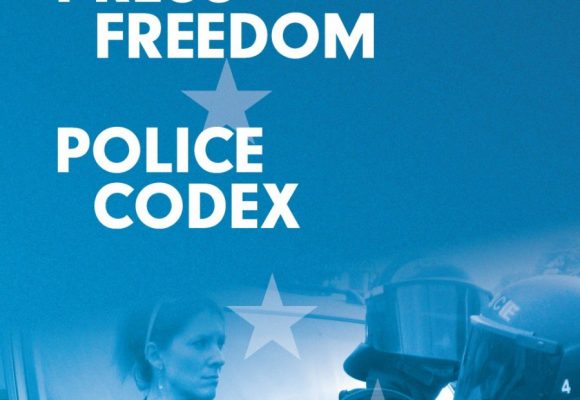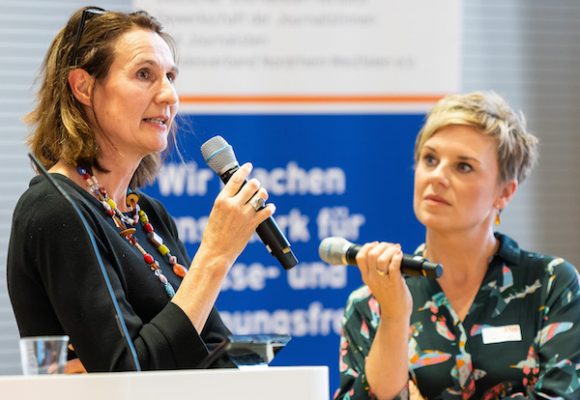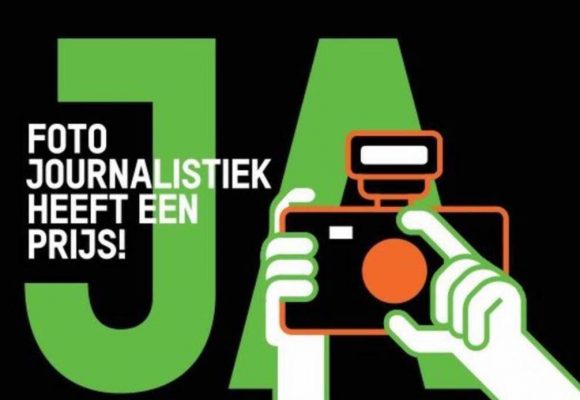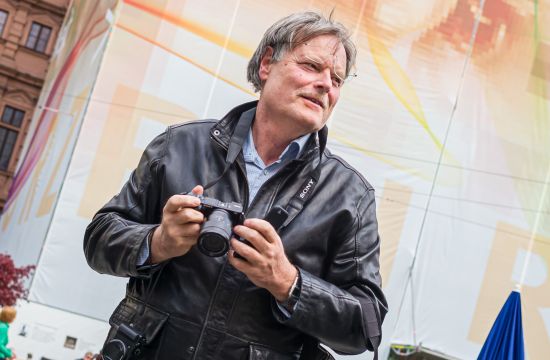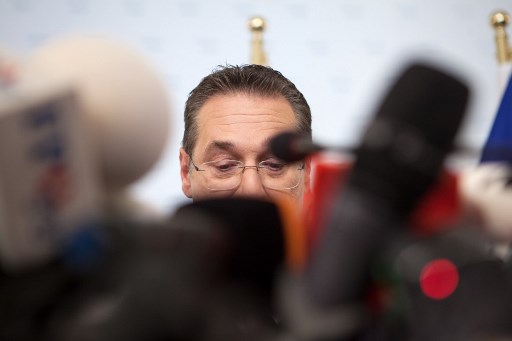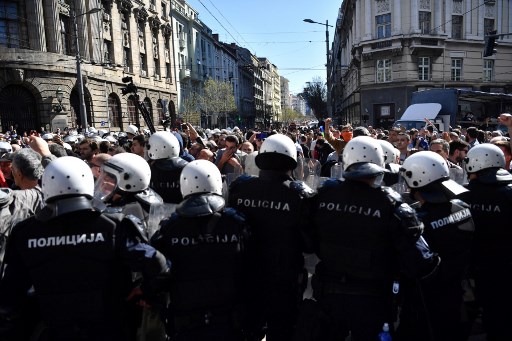Digital News Report 2020 – We need new business models for journalism
Today, the British based Reuters Institute in cooperation with Oxford University published its 6th annual Digital News Report 2020. The findings, which are based on surveys before and during the COVID-19 pandemic provide some interesting long-term insights into the future of news business, in particular at local level; it analyses changing news consumption, the crucial issue of trust; level of mis- and disinformation, changing business models and the growth of paid content and new attitudes to media coverage including on climate change. The crisis is likely to accelerate long-term structural changes towards more digital, more mobile, more platform-dominated media environment”…

